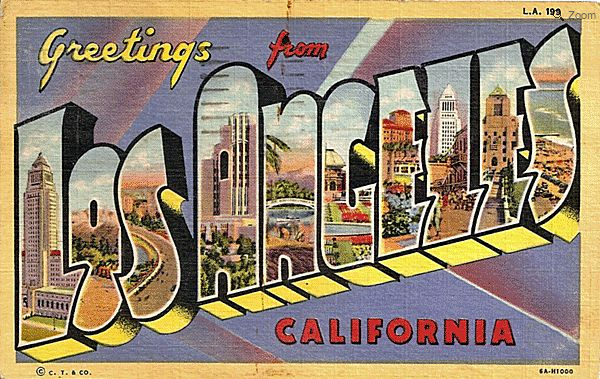image by: Gallo Images/Thinkstock
Robinson gives us one of those alternative explanations in his stories about how Coyote’s twin brother stole the “written document” and when he denied stealing the paper, he was “banished to a distant land across a large body of water” (9). What is your first response to this story? In context with our course theme of investigating intersections where story and literature meet, what do you make of this stolen piece of paper? This is an open-ended question and you should feel free to explore your first thoughts.
On the surface, the story of how Coyote’s twin brother stole the “written document” seems to resemble the dichotomous narratives so common in European/Christian stories, but I think there is an interweaving of holistic ideas, of “one-ness,” in it as well.
I was first struck by the binary imagery of the black and white twins which seems to echo the “this or that,” “us or them” dichotomy that we’ve been struggling against, though the nature of the brothers being twins introduces another dynamic. While their behaviour and their colours—Coyote as “goodness” and his brother as a “liar and a thief” (Robinson 11)—reflect a divisive stand-off in terms of imagery (they become geographically divided as well, when the younger brother is banished) the fact that they are twins implies they are also the same. In my first draft of this post, I used the phrase “two sides of the same coin,” which feels fitting but I’m also wary it might not be quite what I’m trying to say. I found it interesting that Coyote is given a name, while his twin is only referred to as “the younger twin” (9). Perhaps another instance of dichotomy. I wonder if there is a significance in not naming the younger brother. Continue reading


